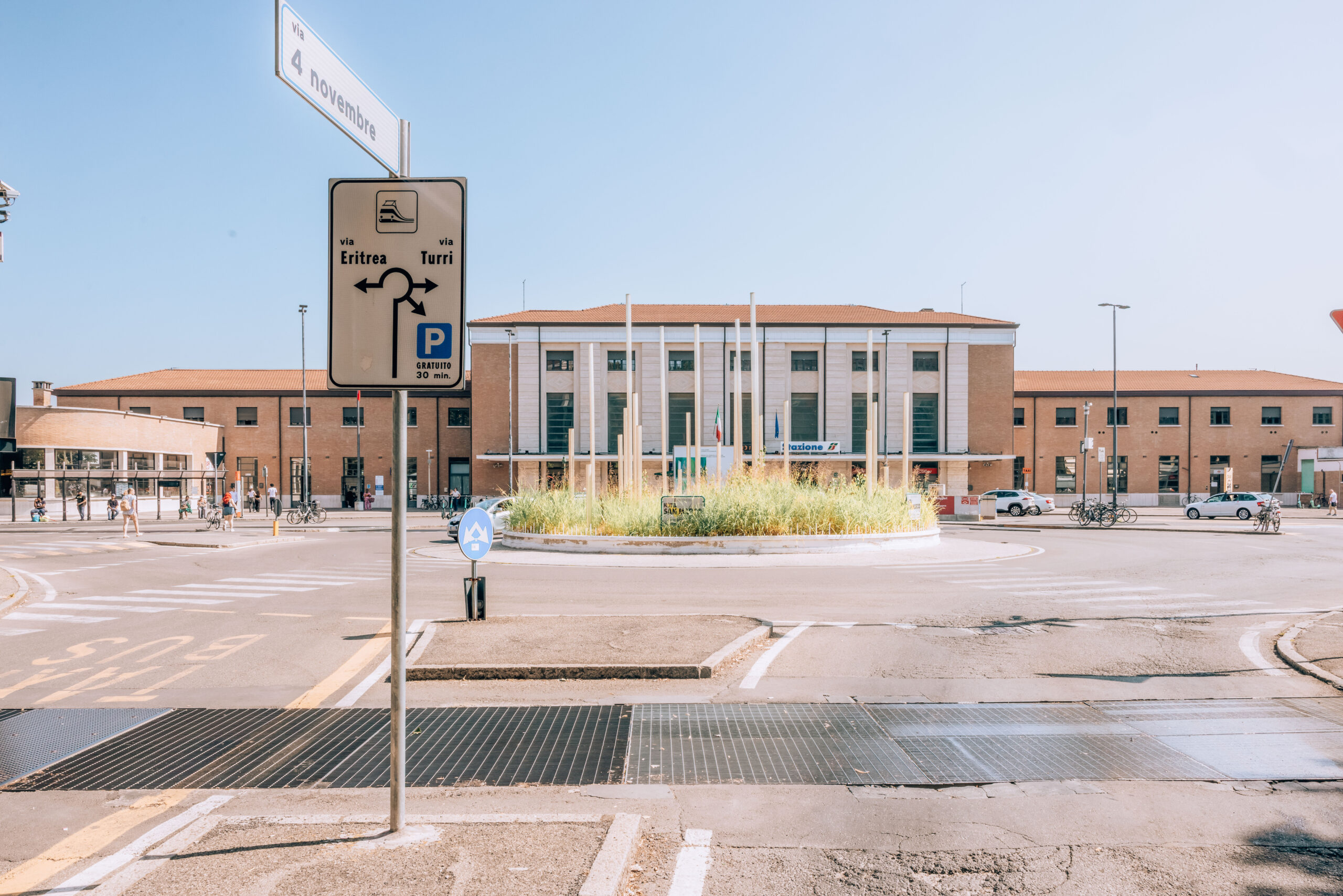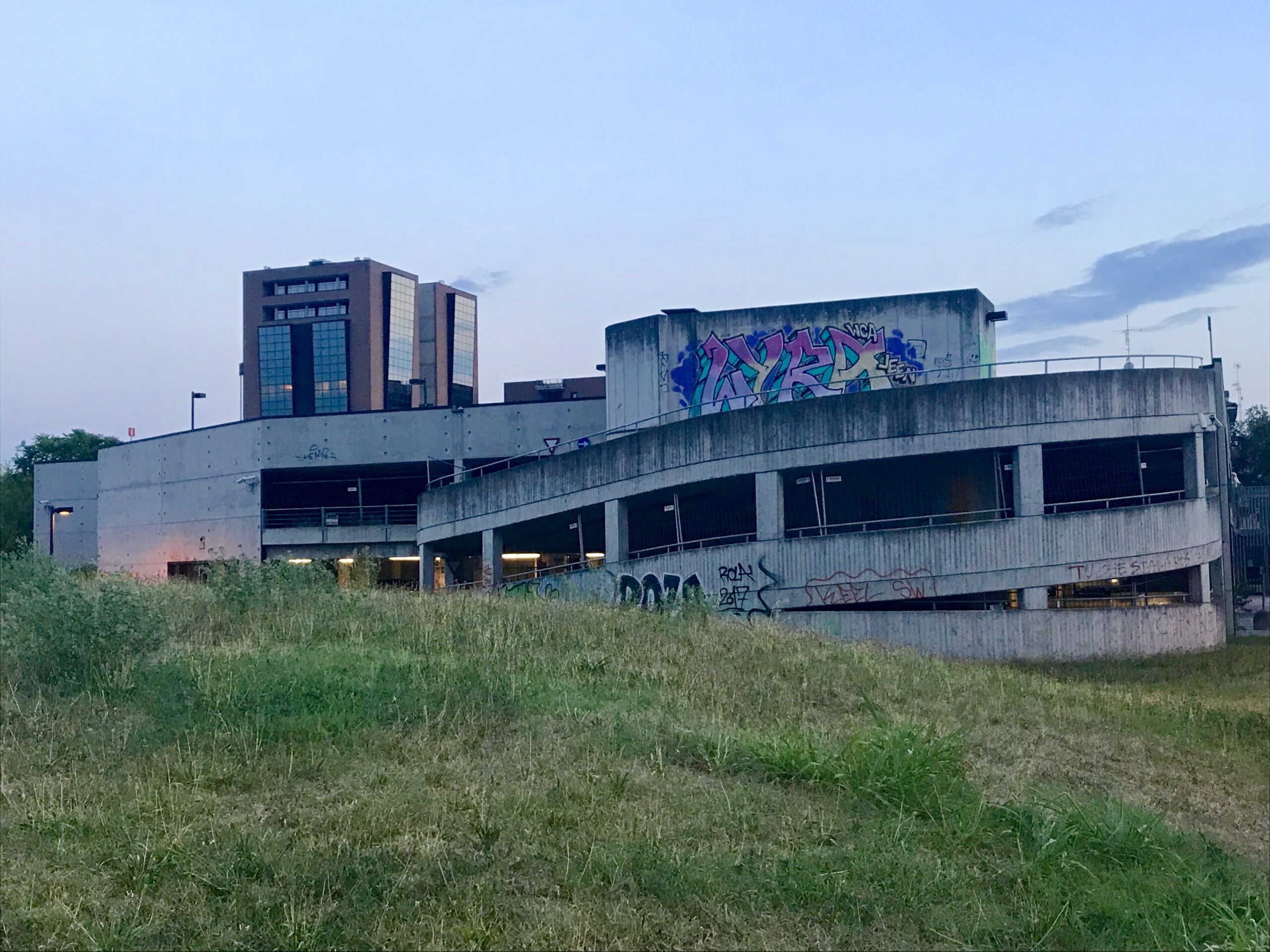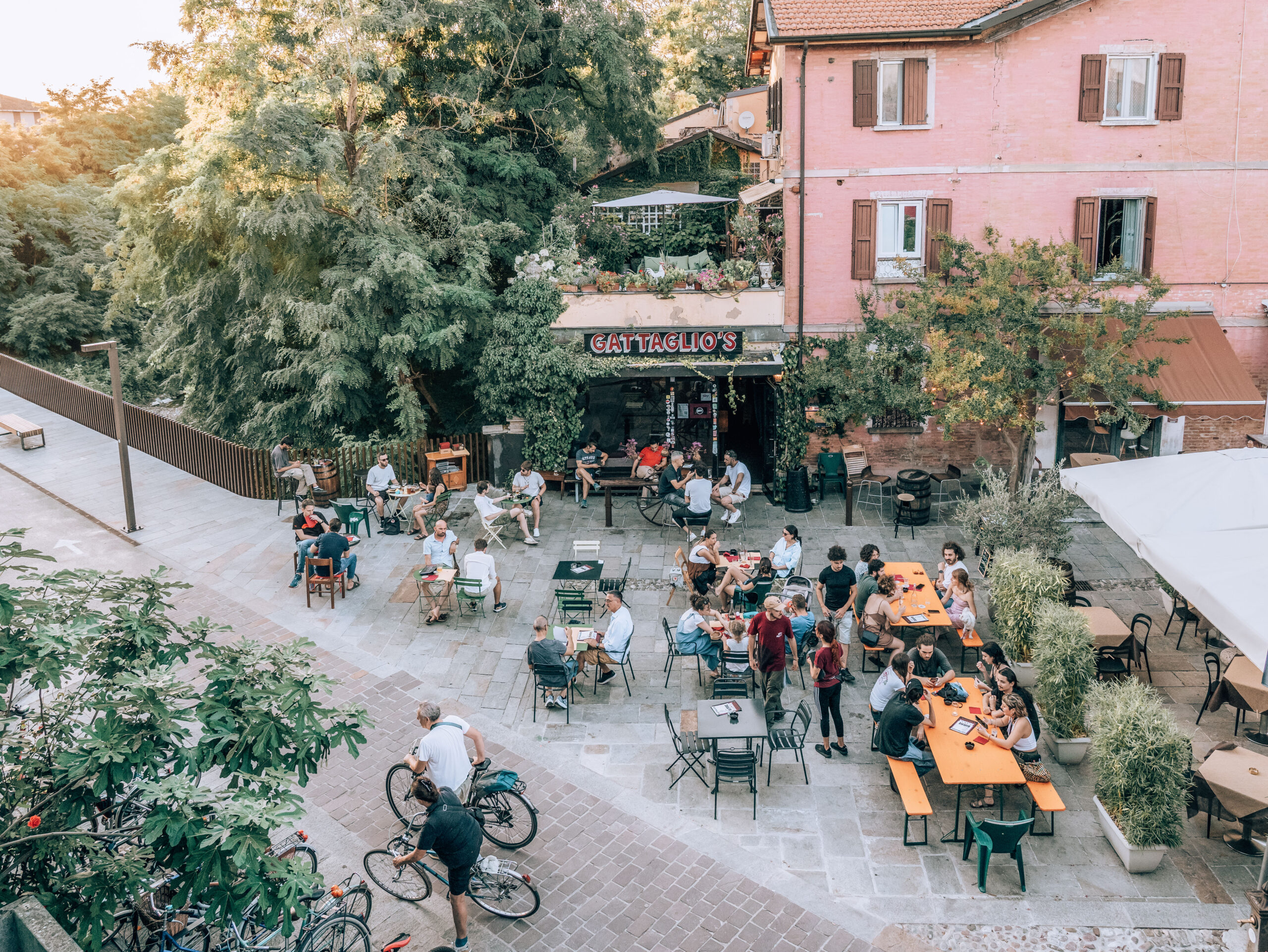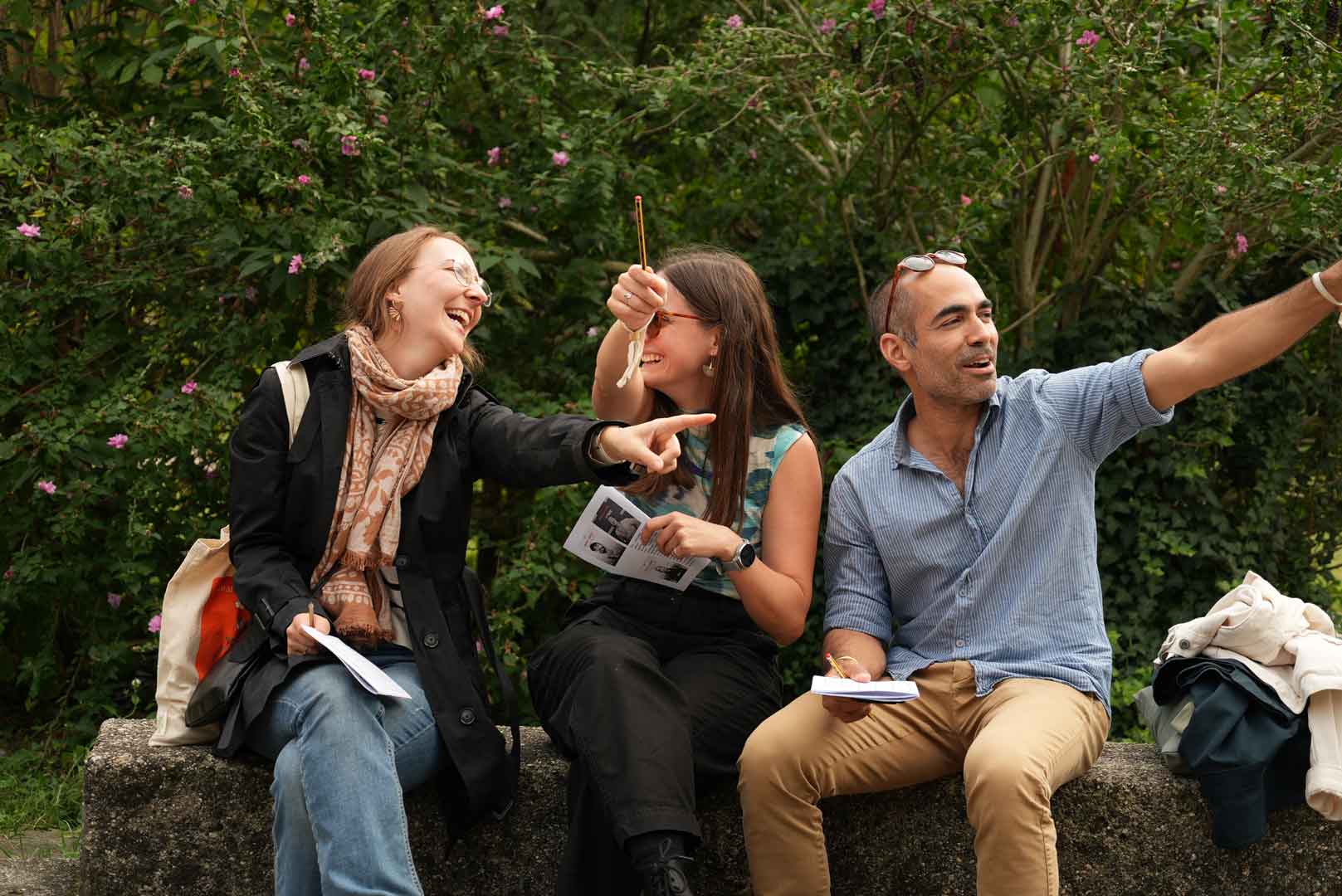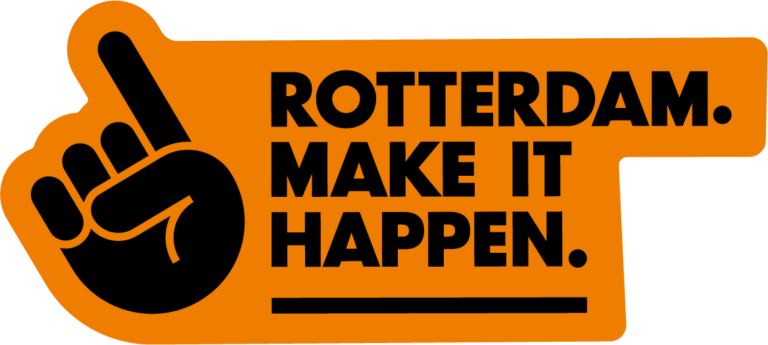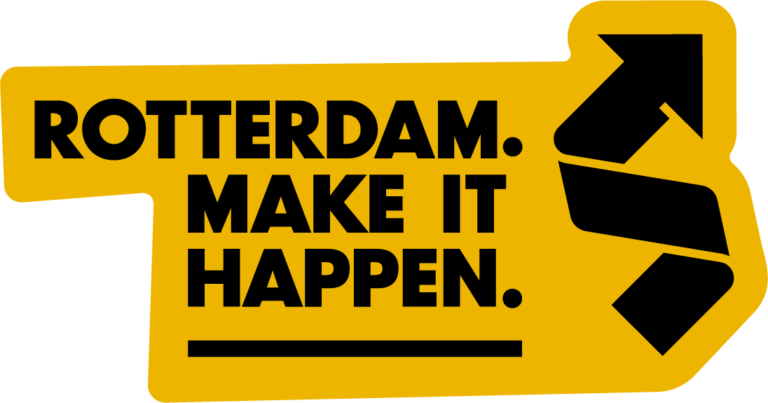In contrast to the larger cities that have hosted the Placemaking-Week in the past, such as Rotterdam or Strasbourg, this year we are gathering in the smaller yet ambitious town of Reggio Emilia.
This article is part of our five-part series on the local challenges of Reggio Emilia, host of Placemaking Week Europe 2025, inviting us to explore how local action and global knowledge can shape more liveable urban futures.
So, Reggio Emilia has taken a moment to look in the mirror. What does this city need to focus on to thrive in the coming years? The answer emerged in the form of five local challenges—five pressing urban questions that not only shape the city’s future but also inspired the four guiding themes of this Placemaking Week, while connecting the 100 sessions of the festival. Some of these challenges are distinct to Reggio Emilia, rooted in its neighborhoods, history, and community life. Others will feel familiar to cities across Europe, reflecting the shared struggles and opportunities of urban transformation. Together with all our other program points, they set the stage for a week of exploration, creativity, and hands-on learning.

How will these challenges be explored in the program?
Each local challenge unfolds across approx. two 75-minute sessions designed to immerse participants in the city and spark actionable ideas:
- The first session sets the stage. The participants walk to the site, discovering its layers through local insights and stories. Presentations from community stakeholders offer context, while a selection of global case studies provides inspiration and fresh perspectives.
- The second session is all about hands-on exploration. Participants dive into the challenge, unpacking its social and spatial dynamics. Through collaborative workshops, we want to generate ideas, exchange experiences from other cities, and wrap up with quick-fire recommendations and collective reflections.
With this format, we aim to create an urban classroom without walls. Participants don’t just talk about possible solutions and they are able to experience the place and its challenges on site, contribute to it, and leave with insights that resonate far beyond this small Italian city.
Read the five episodes here:


